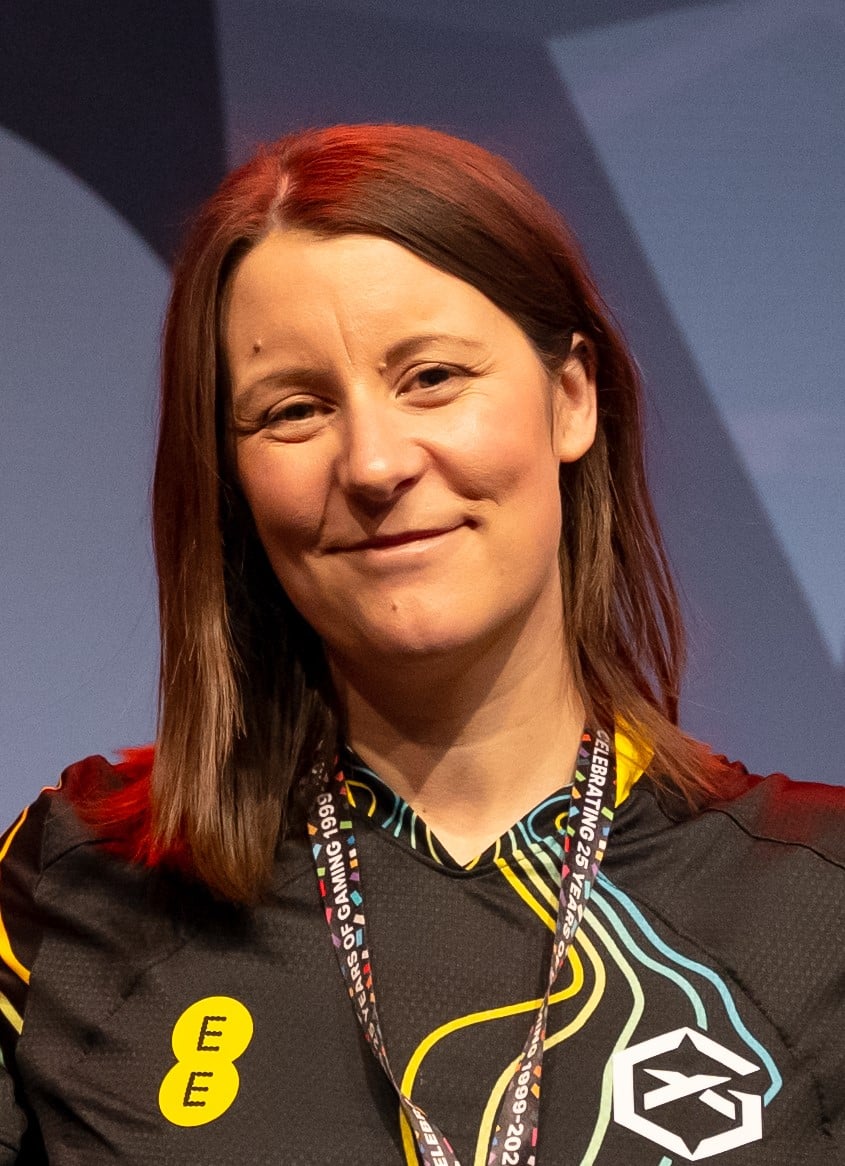Insight on Learning Tech Managers Power Hour: How to Launch an Esports Program
Don’t miss the upcoming Learning Tech Managers Power Hour: How to Launch an Esports Program on May 17, 2023. Speaker Kylie Kendrick gave us some insight into her career in AV and why she feels this Power Hour is an important topic.
Learn more and register today!
Tell us a little about yourself and why you chose a career in AV.
My AV career began after I moved from a 2nd line IT support role into a Lecture Capture service owner role. Part of this new role included investigating what technology is required to advance lecture capture beyond its current iteration. This included looking at cameras, projection technology, capture technology (both written and visual), and how this tech could assist lecture capture going forwards. I have since moved on from Lecture Capture into Esports, which comes with a very different AV standpoint and requires more of a consumer angle. Esports require top-tier, highly responsive monitors, touchscreen TVs, and AV switching technology to support the requirements of an esports space, allowing students to train and compete in a fully equipped esports facility.
Personally, I am an active member of the UK esports scene and have hosted and participated on several panels over the last few years on the topic of esports and, predominantly, esports in education. I used to play Counter-Strike semi-professionally for a female team around 20 years ago and have since come out of retirement to play for another female team in VALORANT named Skelp NYX.
Can you give some insight on the upcoming webinar, Learning Tech Managers Power Hour: How to Launch and Esports Program, and why you feel this is an interesting and important topic to discuss?
Esports is becoming more and more prevalent across industries, and I think a lot of institutions are looking to capitalize on the momentum. However, it’s important to investigate and develop course material properly, as students will easily recognize a flawed program. It’s also difficult to quantify who can deliver such a program as there’s no “official” qualification that can be linked with teaching esports, as say, an English or Law degree can be aligned to a lecturer in those disciplines with teaching qualifications. It boils down to industry employment experience, which, while valuable, can often be misconstrued as skill and knowledge. It’s super important to employ the right people with the correct level of industry experience and knowledge and create valuable content that students can utilize both within esports and across disciplines.
In terms of AV, there are a lot more considerations to take into account than, say a standard classroom or lecture theatre build. There is a requirement to be able to focus on any one player’s screen at any time in order to provide feedback on existing play or review older VODs (video on demand.) Switching hardware is a must, and high refresh/responsive monitors are also a requirement. USB charging points for the kit and plenty of desk space are also high on the list for importance. The setup also needs to be aesthetically pleasing and house creative lighting and audio features. Players will look for these features when considering which space to play in and how it will fulfill their esports and gaming requirements.
If the same space is to be used for teaching, then the ability to switch fluidly between the two setups – Esports and Teaching (or have them coexist at the same time) - is critical for the space to function coherently.
Who would benefit from attending this webinar?
Any AV industry professional with little to no esports experience who may look to be involved in the future or for an AV professional tasked with creating an esports space is looking for info on where to start.






.jpg?sfvrsn=81e7976_1)